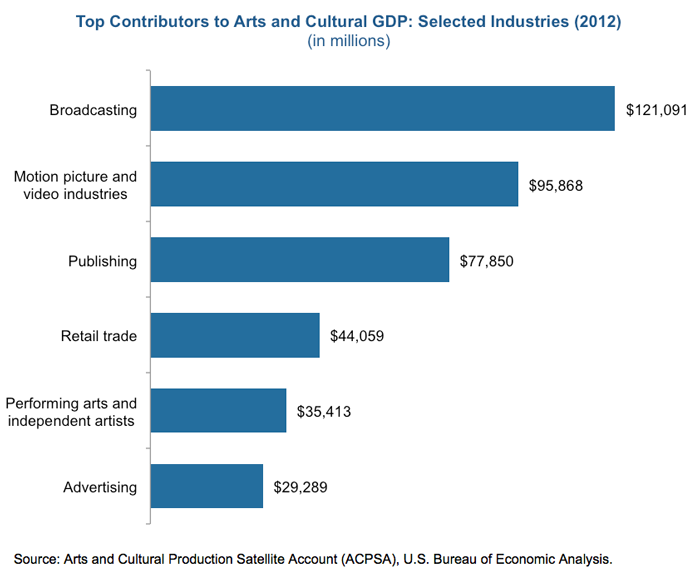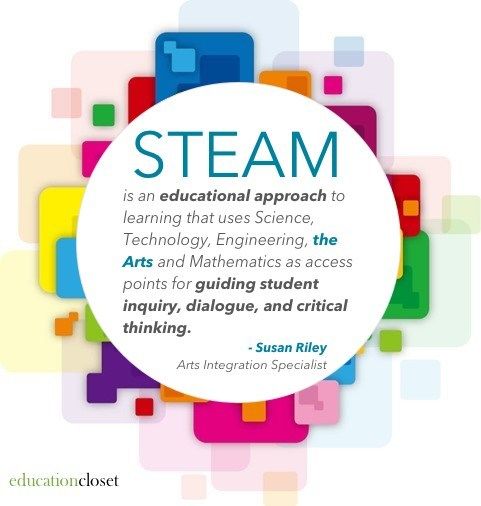
Digital Playhouse’s STEAM Glossary of Related Words!
Teachers and educators should be familiar with STEM and STEAM education nowadays. The A stands for Arts, which was added to Science, Technology, Engineering, and Math. Students who are proficient in these areas are, and will be able to, find easier paths into universities and careers.
Let’s explore some of the commonly used words that relate to STEAM education! There are of course heaps more, but this shortlist from our STEAM glossary is probably the very first set any parent and guardian will want to familiarize themselves with first.
STEAM Glossary
Tinkerers
Tinkers are those who like to repair, adjust, or work with something experimentally. This is the perfect word to describe someone as a part of STEAM education. It’s about discovery. It’s about trying to fix or build things on your own without a plan even. It describes a person of STEAM all in this one word.
Builders
Did I say build things? Yes, I did. A builder is someone who builds, or constructs, something. It involves putting materials or parts together in order to create something new. By combining the different aspects of engineering and arts, you can train any child to be a builder or an inventor.
Inventors
These are the ones leading the charge for development ever since the dawn of time. Creating new things that don’t exist. We know necessity as the mother of invention and that has been the case throughout time. In recent decades it might appear that invention has slowed down, and that could be true. But with education moving back to putting emphasis on the Arts and creativity by adding it to STEM, it looks like we’re in for a bright future full of invention and wonder.

Engineering Arts / Design Technology
Creativity is important, but so is technical skill. If we only had architects, buildings might not be built very well or very efficiently. With Engineering Arts, or Design Technology, we can take drawings and ideas from the creative people and turn them into technical drawings, prints, or plans that allow them to be built or manufactured.
DIY
Digital Playhouse believes in this vital part of education that is oft overlooked. Children need to discover and learn through play and exploration. This is the only way to encourage their creativity and the early development of this is more important than you can imagine. There are many ways to do this and Do-It-Yourself projects are some of the best. If you’re looking for ideas, look no further. Our blog “DIY Ideas to Boost Children’s Creativity” has some that you’re sure to like and your children are sure to enjoy. n
Open-Ended Play
Did I say that DIY is often overlooked as being vital? Well if that’s the case, then I really can’t emphasize enough how important open-ended play is. It’s when children are left to their own devices and their imaginations are allowed to be in control as they play. There’s no right or wrong way to play, there’s no directions telling them what to do or which way to go. Open-ended play puts the power directly in their hands. Today we’re spoiled for choice with toys and digital devices that are great for children but not great for the development of their creativity and independent thinking. It’s okay, in fact, it’s good for children to be bored.
Makers
The maker movement is an umbrella term for all of the above mentioned vocabulary. For businesses it means putting the emphasis on creating and selling self-made products, and they’re creating spaces to allow this to happen called Maker Spaces. At the same time, education emphasizes teaching children not just technical skills, motor skills, and how to use tools, but how to think. To access the part of the brain that leads to invention.
Learning Through (Guided) Self-Discovery
Here at Digital Playhouse, we believe that learning should be student-centered. You might notice a trend relating to discovery when you look at the list that made our STEAM Glossary. We’re not here to teach, but to guide along the learning path. By actively participating in discovering knowledge, it means that students add to their own learning which boosts their understanding. It also boosts their scientific thinking and curiosity. Science, Technology, Engineering, Arts, and Math need this type of learning. Any advancements made in any of these areas came from those who dared to think outside the little box they were given. Children are malleable, teachable, and coachable, don’t wait until it’s too late for them to develop their own learning and creativity.


